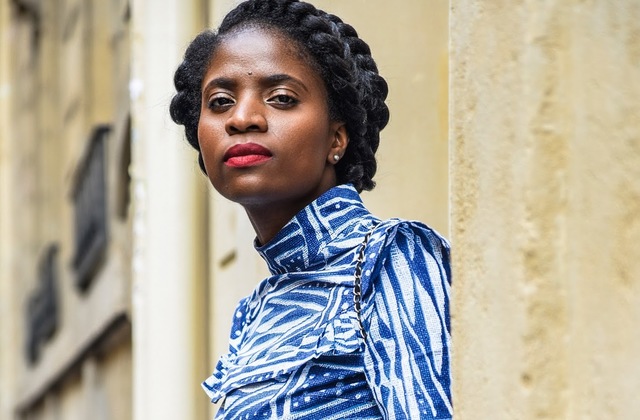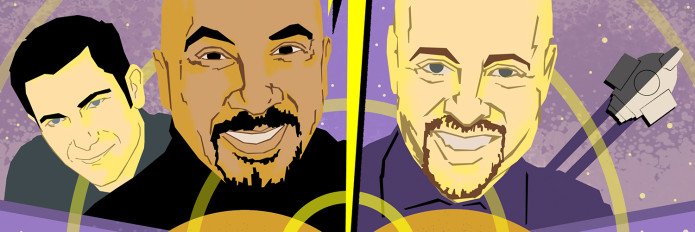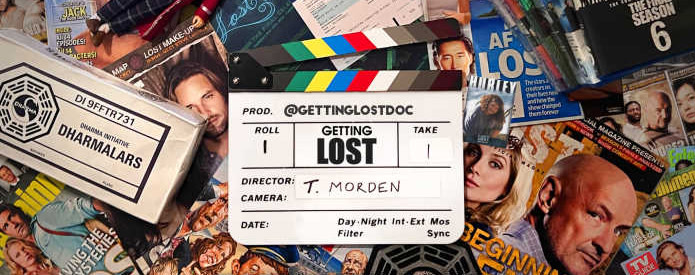Running your own business is no easy feat. It takes a healthy dose of passion, discipline, and commitment. Ever wondered what a day in the life of a small business owner and founder is like? We’re here to give you a glimpse!
This week, we’re featuring Jacqueline Ngo Mpii, the owner and driving force behind Little Africa in Paris. Jacqueline is an Afro-French entrepreneur dedicated to elevating all things Afro and African in Paris and beyond.

For the past five years, Jacqueline and her Little Africa Travel has devoted themselves to changing the narrative of what it means to be a person of African descent in the world’s most visited city: Paris.
This has resulted in their widely-read tourist favorite Africa In Paris City Guide book, which compiles over 200 must-see Afro-Parisian boutiques, restaurants, businesses, events, and artists in Paris.
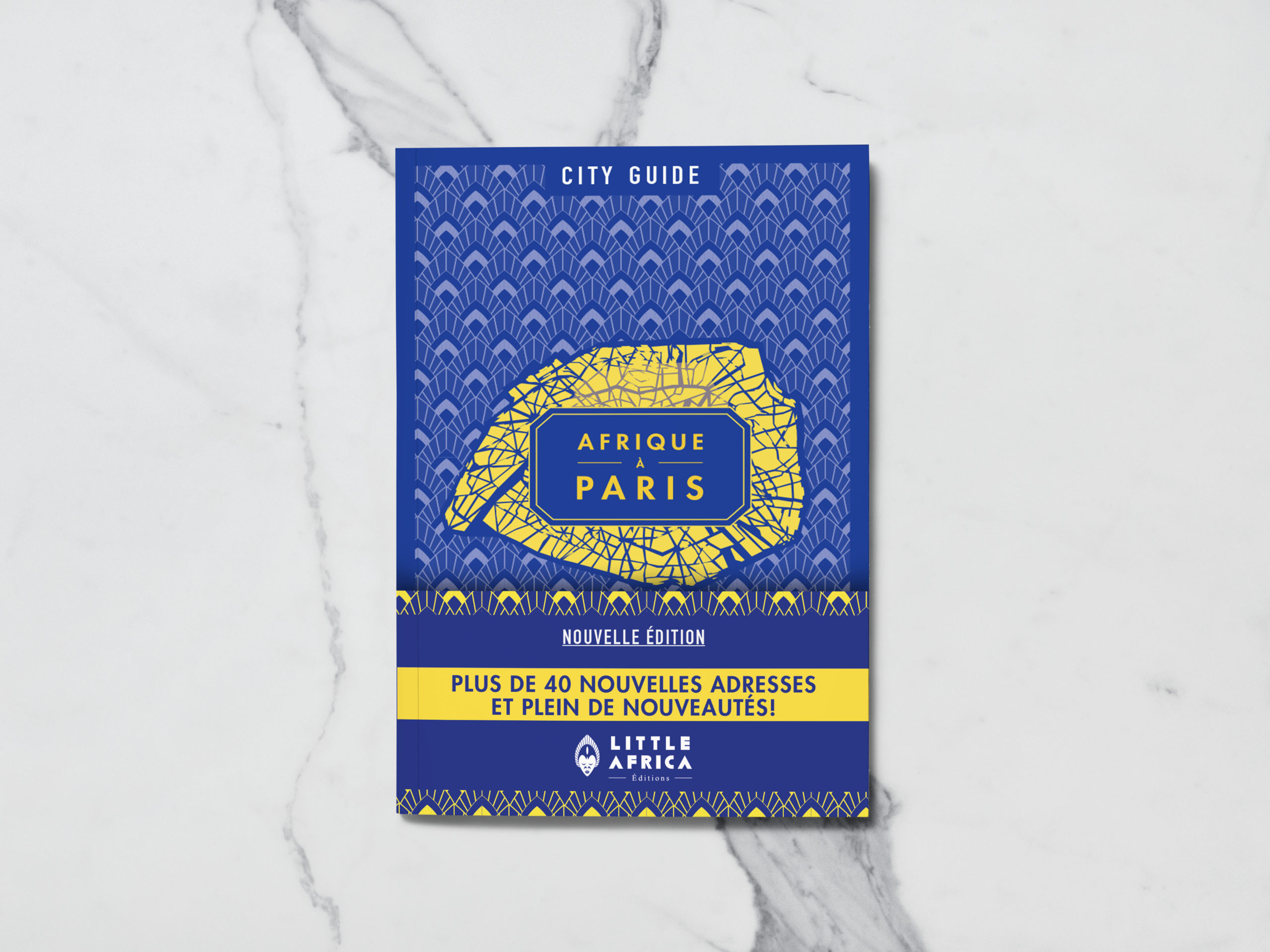
Now Jacqueline and her team want to take their mission to the next level! Her Indiegogo campaign, Little Africa 2.0: A Parisian Village, centers around building a concept store and cultural event space in La Goutte d’Or, a bustling, culturally rich African neighborhood in Paris’s 18th arrondissement near Montmartre. It’s a home for showcasing their gorgeous publishing line, highlighting African cultural heritage, a gathering point for their guided Paris tours, and a hub to connect with locals and tourists from around the world to learn about and participate in African culture abroad.
Jacqueline is a powerhouse who feels Little Africa is more than a business — it’s a calling. Read on to discover how Jacqueline she spends a typical day in her life, running Little Africa’s day-to-day operations, followed by an exclusive interview to get to know her more!
5 A.M. I wouldn’t survive waking up at this hour.
6 A.M. Sometimes, I have one eye open.
7 A.M. Often I’m up. But I’m still in the bed scrolling on you know what!
8 A.M. I read a book, or some articles on the web.
9 A.M. I climb out of bed, and get ready for work. I am often up late the night prior because it’s the time when I am most creative. Before a certain hour, I am good for nothing.
10 A.M. I arrive at my office, and have a cup of tea or orange juice. I sometimes grab something at the bakery nearby — not a croissant. Then, I meet with my team, catch up on some emails, take calls, and prepare orders for shipping.
12 P.M. I am still at my desk, working. It’s about this time that I realize I won’t be able to follow my schedule because I need to be available for my team. I have many interns and freelancers in my office, and they need time and attention from me to better perform in their tasks. This is something I learned last year. Since I don’t have a personal assistant or a director to lead the team, I have to wear multiple hats for the good of the company.
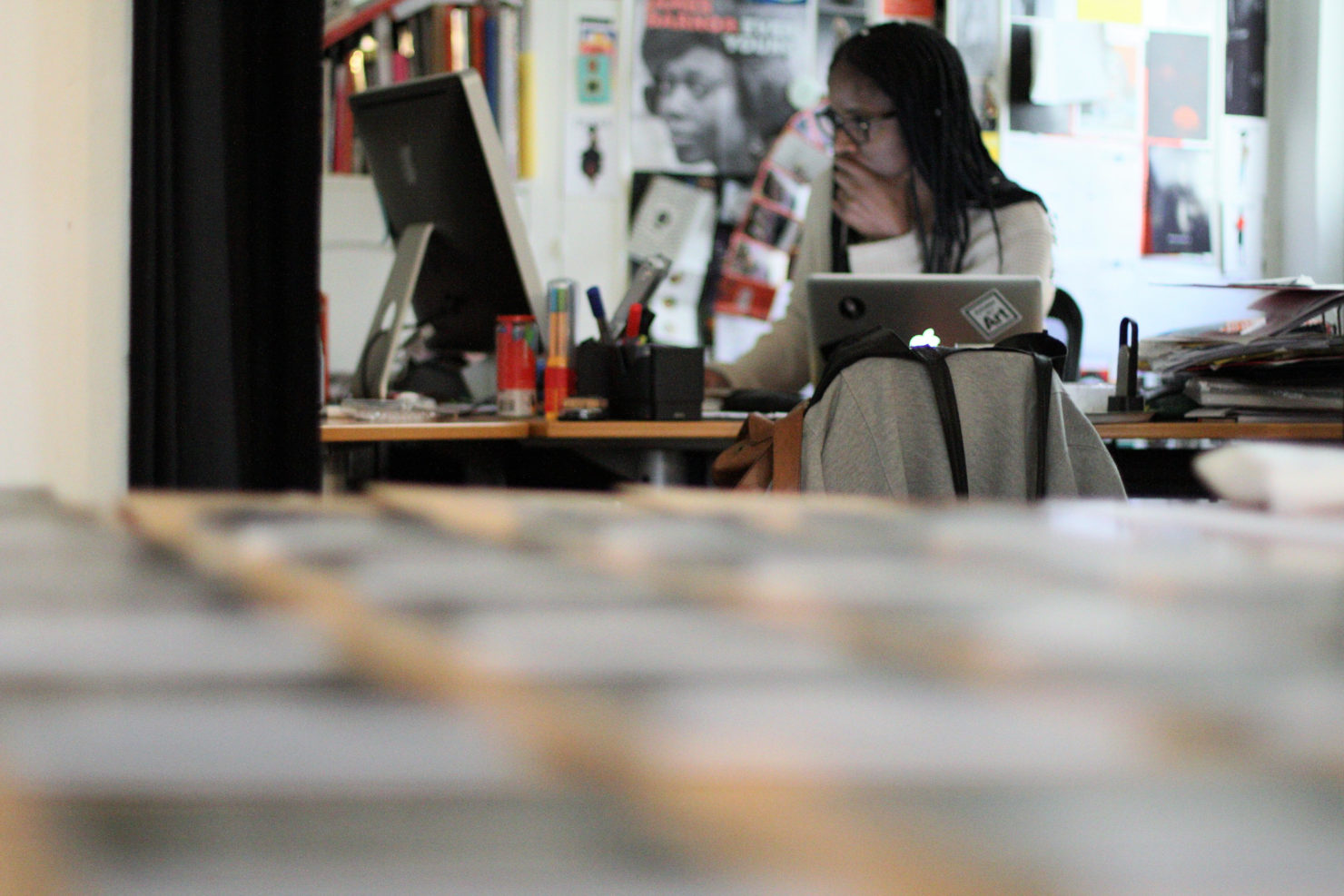
2 P.M. I start to get hungry, so I go out to find food. I rarely bring cooked food from home as getting out of the office has become a ritual. I like to do this to get some air, and take a short walk. It helps me feel refreshed and find inspiration, as well as gather my ideas.
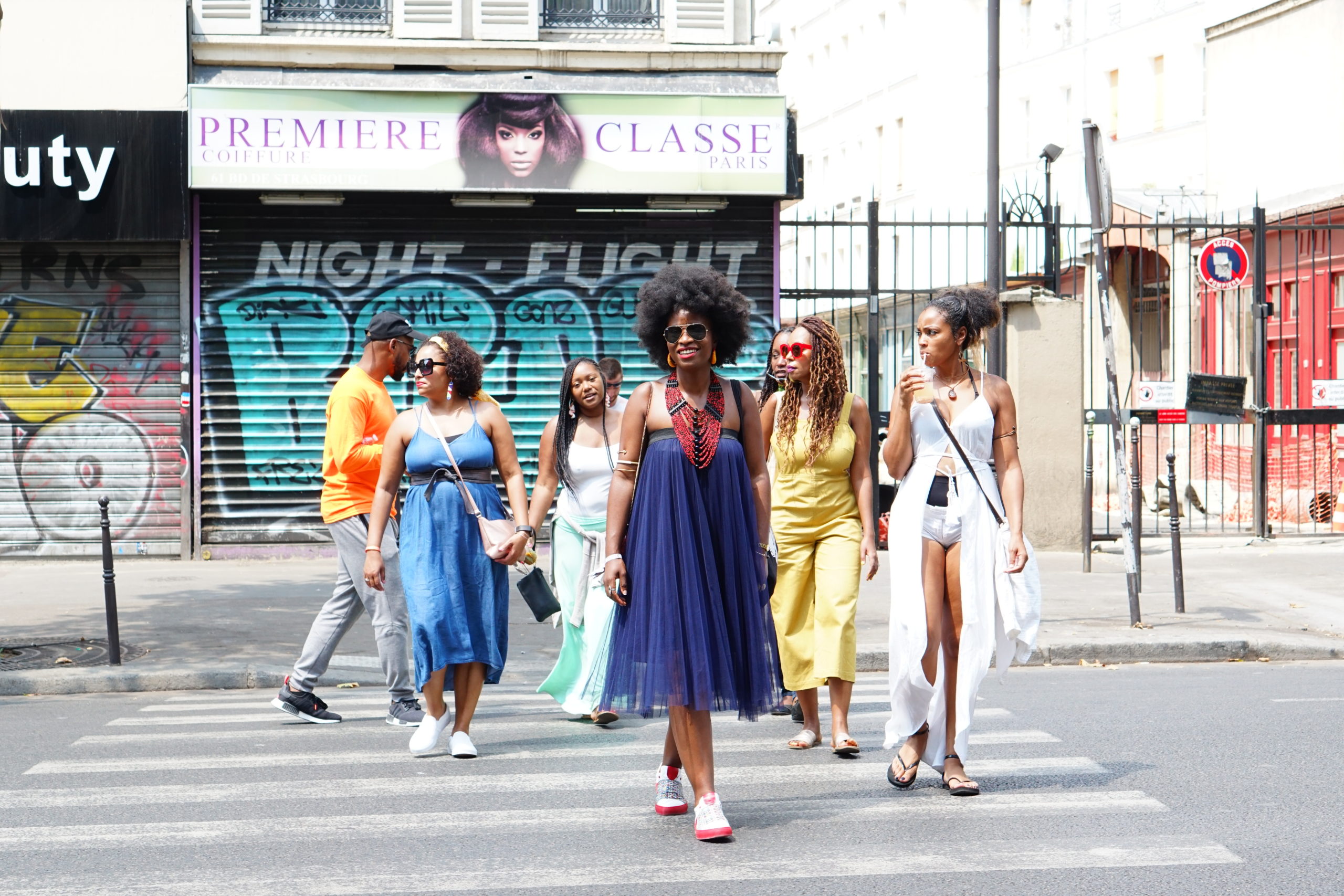
3 P.M. I review the work of my team. We talk about it, and I explain my decision for accepting or rejecting a direction. Sometimes, I leave the office to lead a walking tour. Yes!
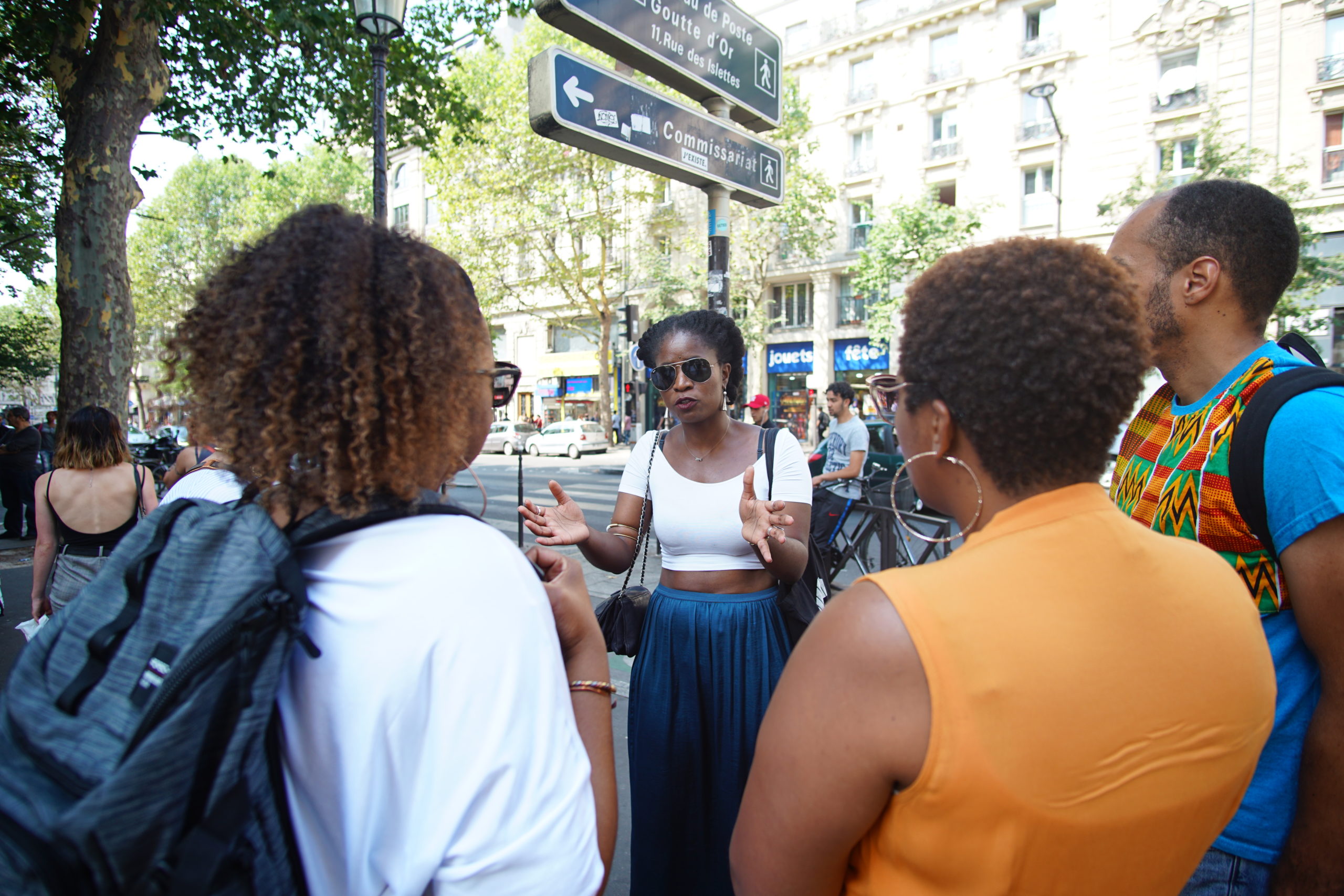
4 P.M. This is usually the time I take to brainstorm with the team on a new idea or project.
6 P.M. The team leaves. From this time onward, I can really delve into my emails, make necessary phone calls, order some materials, pay the bills, check the bank account, and prepare the orders list for tomorrow’s shipments.
9 P.M. We prepare our commercial proposals into a visual document. We take our time with these, because we have a lot of information to present: client and prospect history, company history, stats, and press coverage. Sometimes, we include a demo of what we offer. These proposals take a lot of effort to prepare.
11 P.M. I leave the office. I try to work as much as possible in the office to avoid bringing work home. Sometimes, I keep working from bed, but it’s usually because I have something urgent to finish in the next 48 hours or some graphic design to work on.
Now that you’ve gotten a glimpse of what her day is like, get more inspiration in our exclusive Q&A with her below!
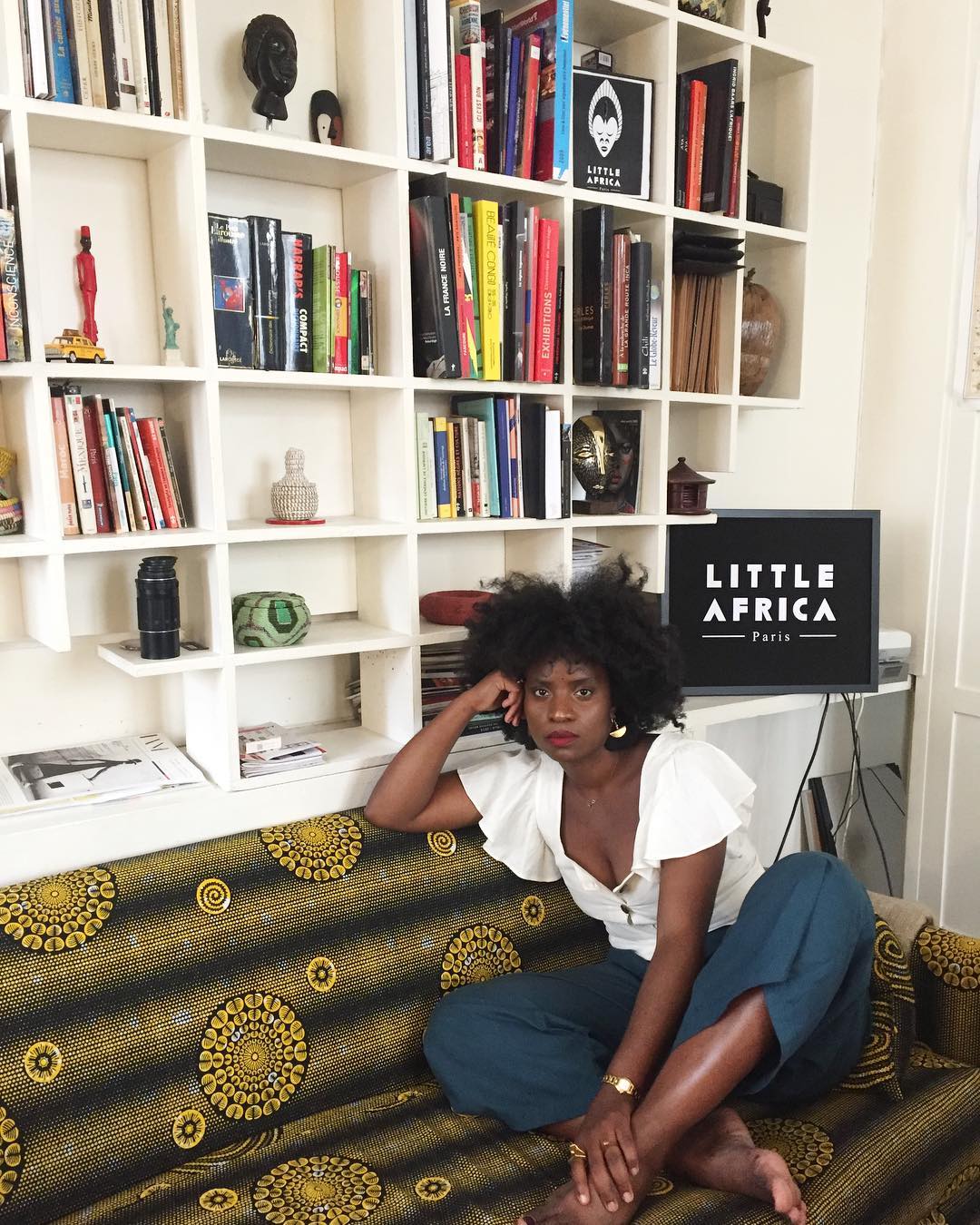
INDIEGOGO: How and why did you become an entrepreneur? Was it something you always intended for yourself?
JACQUELINE NGO MPII: I wanted to create the opportunity to share with others what I wanted to see in the society I live. It wasn’t my original plan for my life. I was raised to think a diploma defines your profession, and that getting a high-paying job should be one’s main goal in life. If I had been raised in a different environment, I would have become an entrepreneur even earlier. Although many would probably consider age 24 young, I could have started earlier.
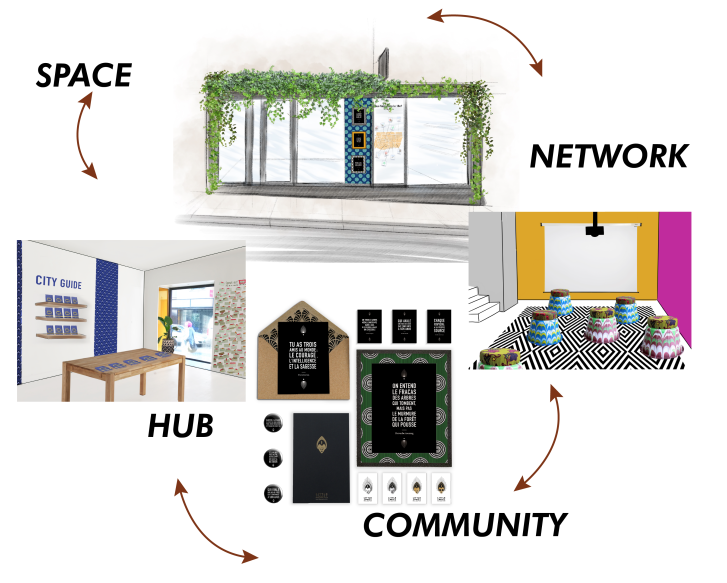
INDIEGOGO: What makes your Indiegogo project unique?
JACQUELINE: We made a conscious decision to not just showcase one project. Instead, we’ve shown our entire company vision. We’ve showcased our company road map for the next 3 years, and we think our contributors get that, as we have an average participation of $136! It’s huge.
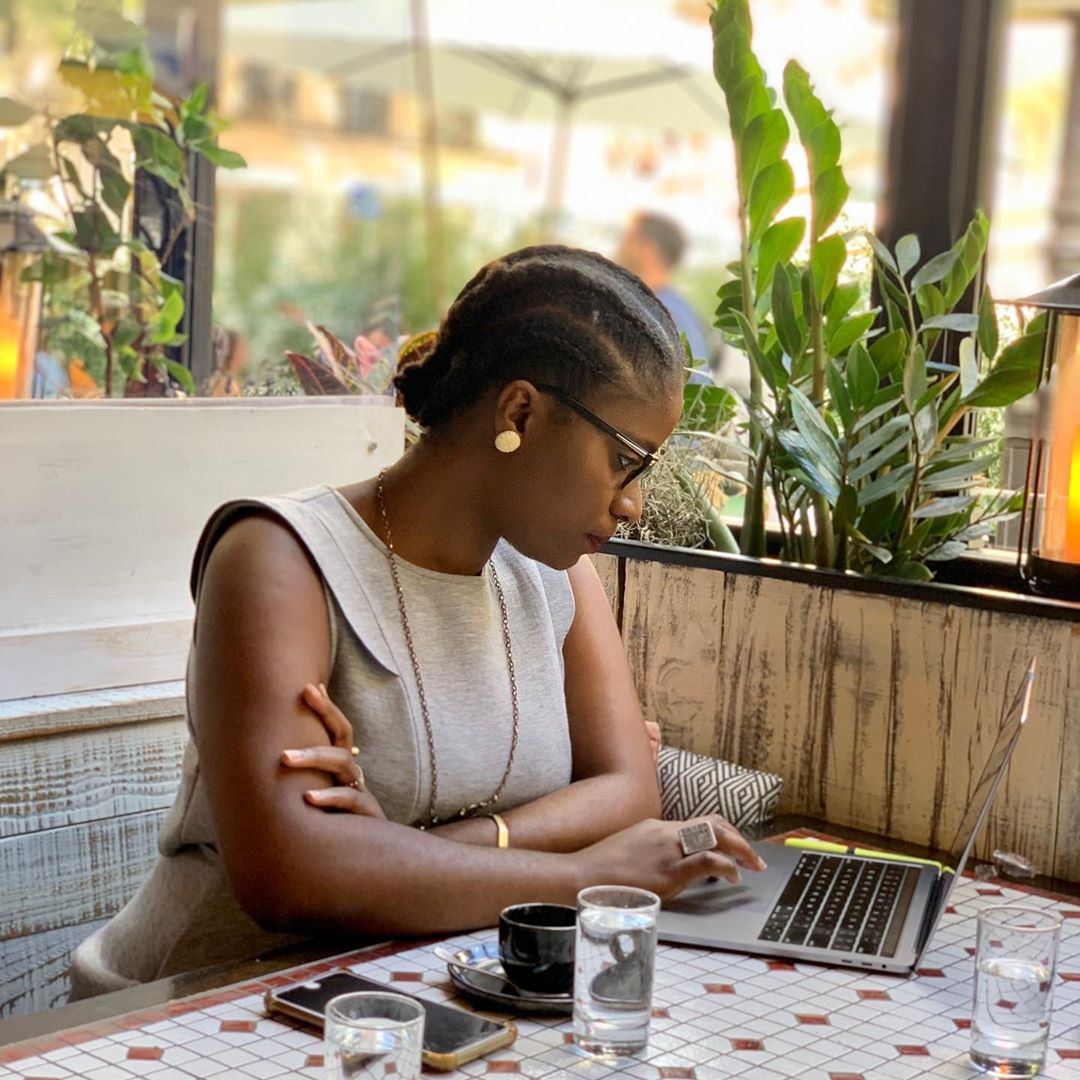
IGG: What’s your biggest piece of advice for women who want to start their own business?
JACQUELINE: Your own intuition is your best asset. We grew up in a world that is primarily controlled by men, I’m sad to say. So as women, we often question our intuition. Men’s approach to business sometimes differs from how we would lead and grow our businesses. I think we tend to be more democratic and inclusive in our leadership style. My final words of advice: you shouldn’t shrink yourself to make others feel more comfortable, and you should try to develop yourself and your business in a way that feels authentic to you. This circles back around to trusting your own feminine intuition.
IGG: What tools would you recommend to anyone starting their own business, crowdfunding campaign, or project?
JACQUELINE: Social media and crowdfunding platforms are key. You can learn many things by following a crowdfunding campaign and the platform providing those experiences.
I don’t know if it is a coincidence, but I am reading Michelle Obama’s book Becoming. She describes, in detail, the way a presidential campaign is run. Some things she describes inspired me on our crowdfunding campaign! After all, it’s a campaign too!
To support Little Africa, check out their Indiegogo campaign page.
You can also visit their website, or follow them on Instagram.
